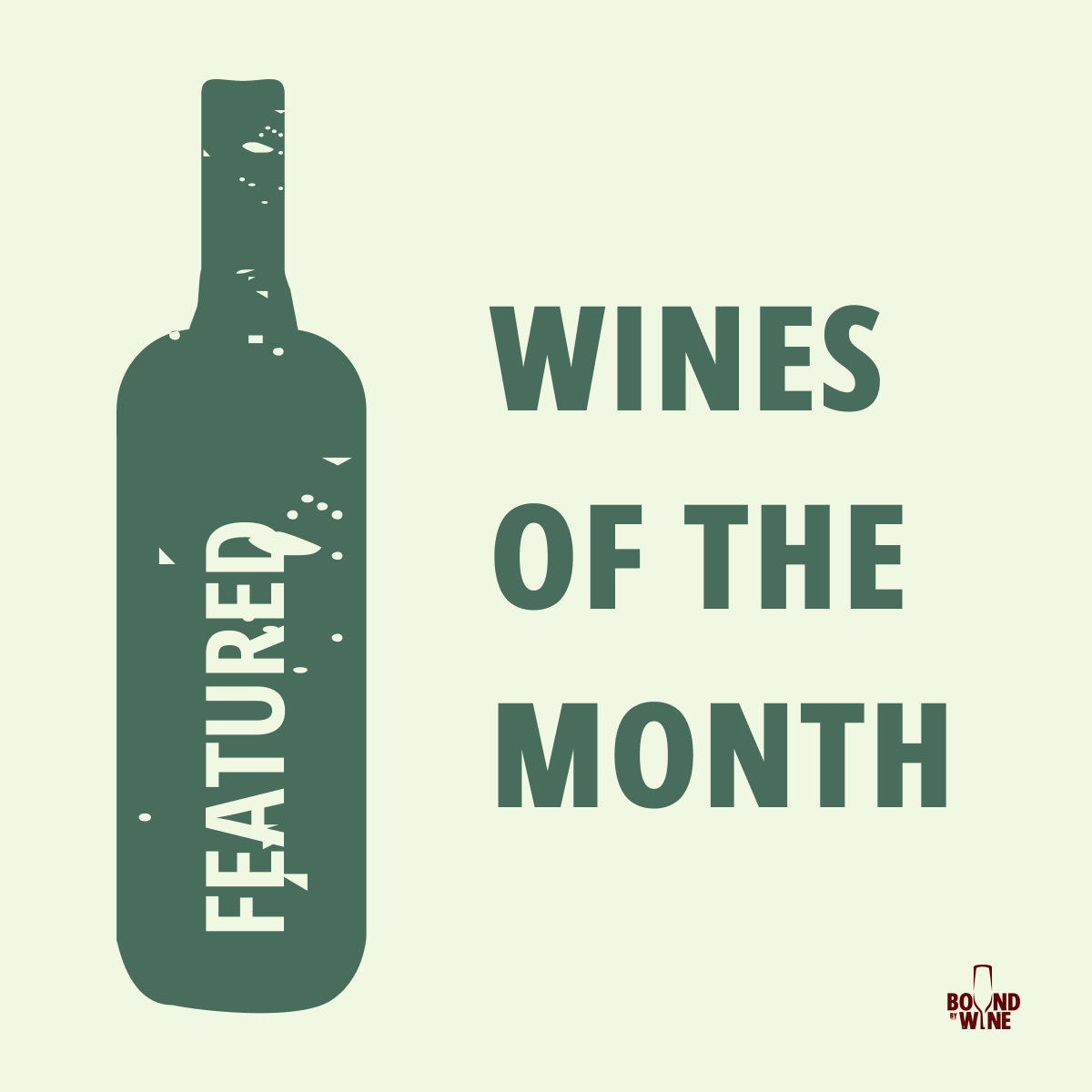Chianti
Chianti, one of Italy’s most famous wine regions, is known for its Sangiovese-based wines, offering bright acidity, red fruit flavors, and earthy complexity, perfect for food pairing.
Regional History & Terroir: Chianti’s winemaking heritage dates back to at least the 13th century. The first Chianti wine zone was officially demarcated by Grand Duke Cosimo Medici III in 1716, and Barone Ricasoli of Castello di Brolio winery is credited with laying the foundations of the modern Chianti style in the late 19th Century
The region, located in central Tuscany, is characterized by rolling hills, limestone-rich (galestro) soils, and a warm Mediterranean climate with cooling influences from altitude and coastal breezes. Chianti is divided into several subzones, with Chianti Classico being the most prestigious, known for its higher elevation vineyards and strict quality regulations.
Typical Grape Varietals: Sangiovese is the dominant grape in Chianti wines, known for its high acidity, firm tannins, and bright red cherry and floral notes. Traditional blends included white grapes like Trebbiano and Malvasia, but modern Chianti wines often incorporate international varieties such as Cabernet Sauvignon, Merlot, and Syrah for added depth and structure.
Regional Wine Styles: Chianti wines vary in style depending on the subzone and winemaking approach.
Chianti is a diverse and dynamic wine region, with wines ranging from light and fruity to deep, structured, and age-worthy. Chianti Classico DOCG and Chianti Rufina DOCG are the most famous subregions, but other subzones offer great value and unique expressions of Sangiovese
Chianti Classico DOCG
The Heart of Chianti – The most historic and prestigious subregion, Chianti Classico covers the original area of Chianti, between Florence and Siena. Wines from this area are recognizable by the black rooster ("Gallo Nero") logo on the bottle.
Terroir: Rolling hills with elevations between 200–600m, galestro (crumbly marl) and limestone soils, Mediterranean climate with cooling altitude influences.
Wine Style: Elegant, structured, and age-worthy with bright acidity, firm tannins, and flavors of tart cherry, violets, herbs, and spice.
Aging Requirements:
Chianti Classico – Minimum 12 months aging.
Chianti Classico Riserva – Minimum 24 months aging.
Chianti Classico Gran Selezione – The highest tier, requiring at least 30 months of aging and estate-grown grapes.
Chianti Rufina DOCG
The Small but Mighty Subregion – The smallest Chianti subzone, located northeast of Florence, known for producing some of the most structured and long-lived Chianti wines.
Terroir: Higher altitude (up to 900m), cooler climate, limestone and schist soils.
Wine Style: More elegant and refined, with higher acidity and firmer tannins, making them age-worthy. Often compared to Chianti Classico but with a leaner, more aromatic profile.









































































